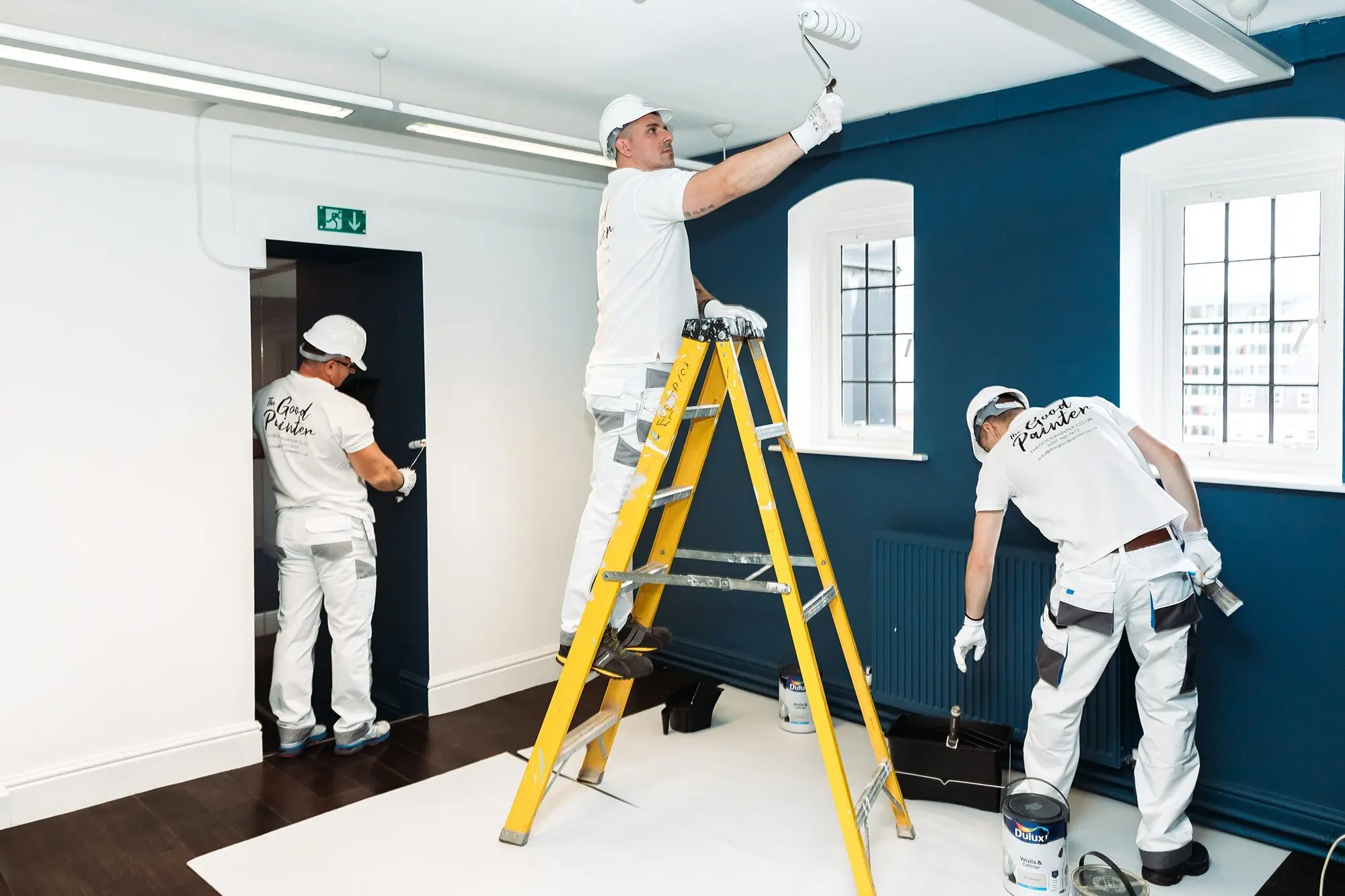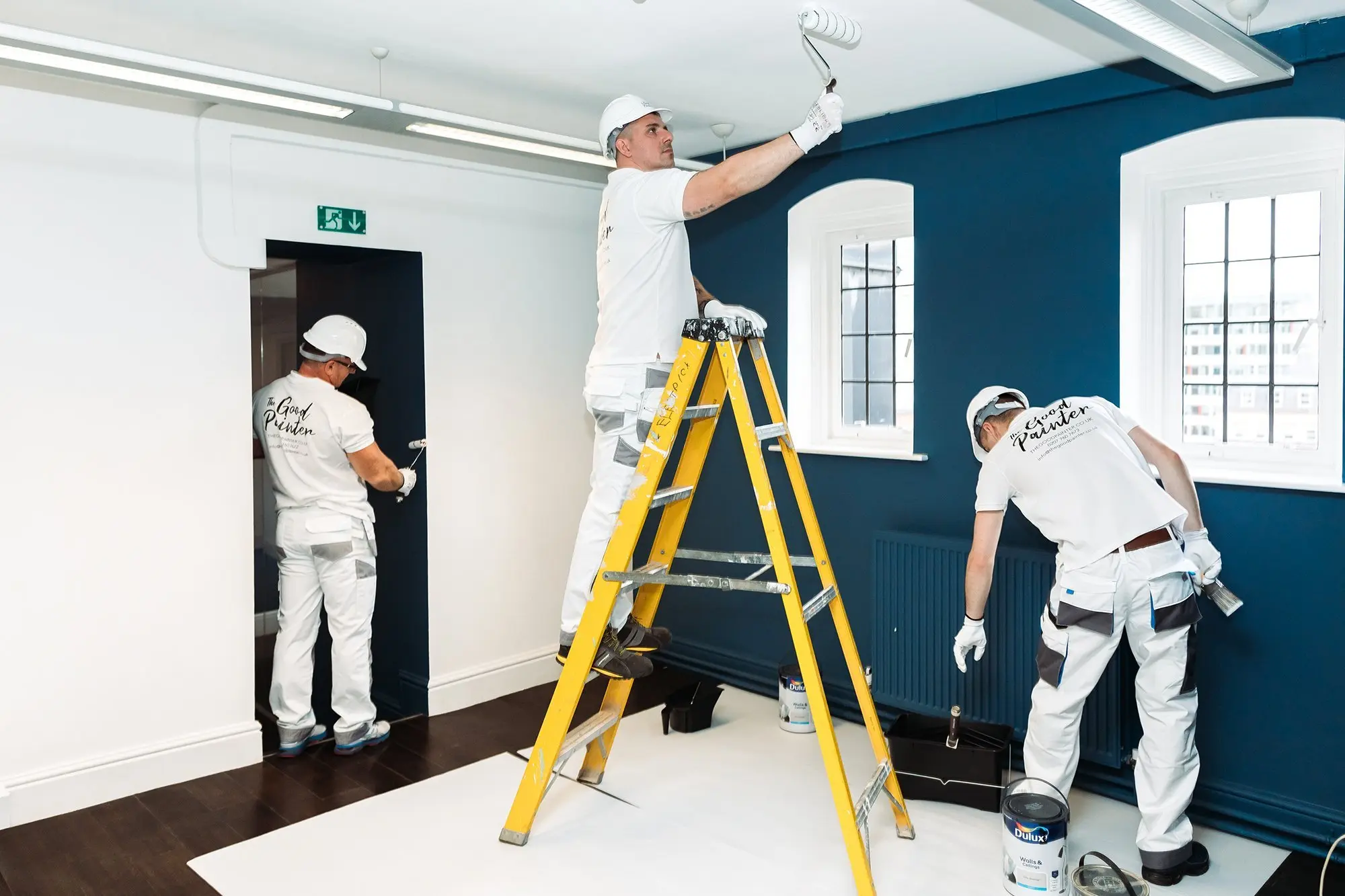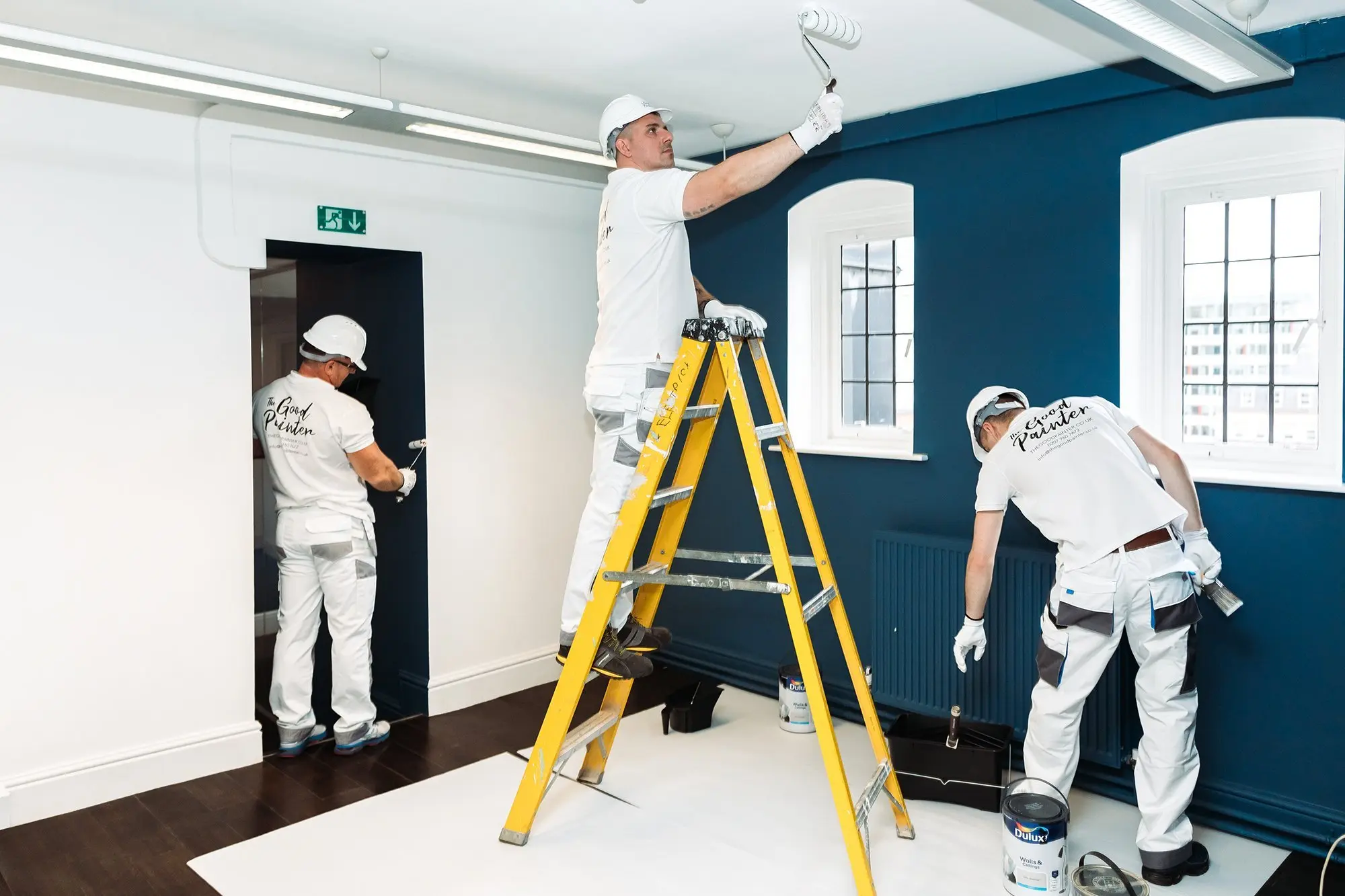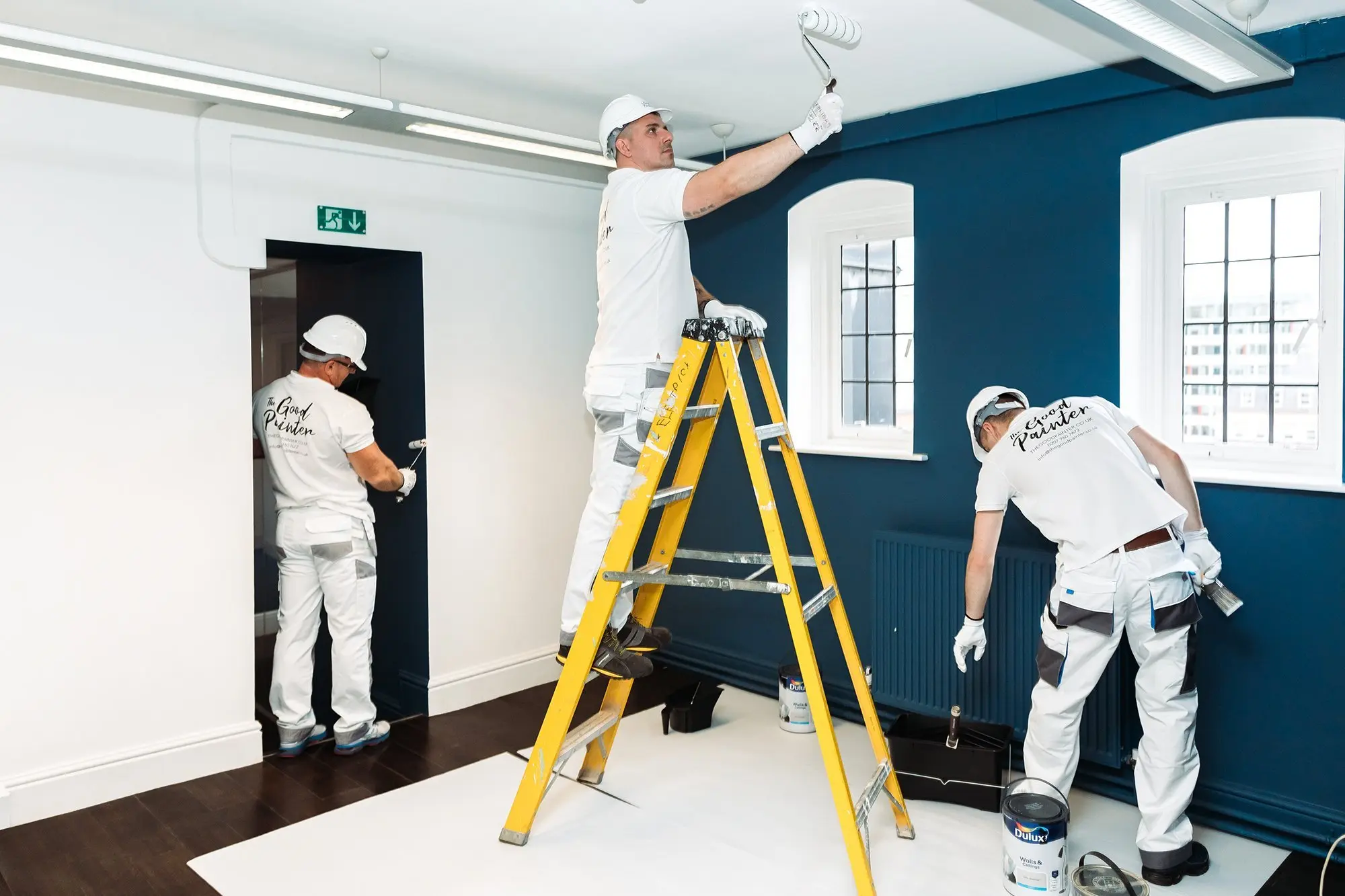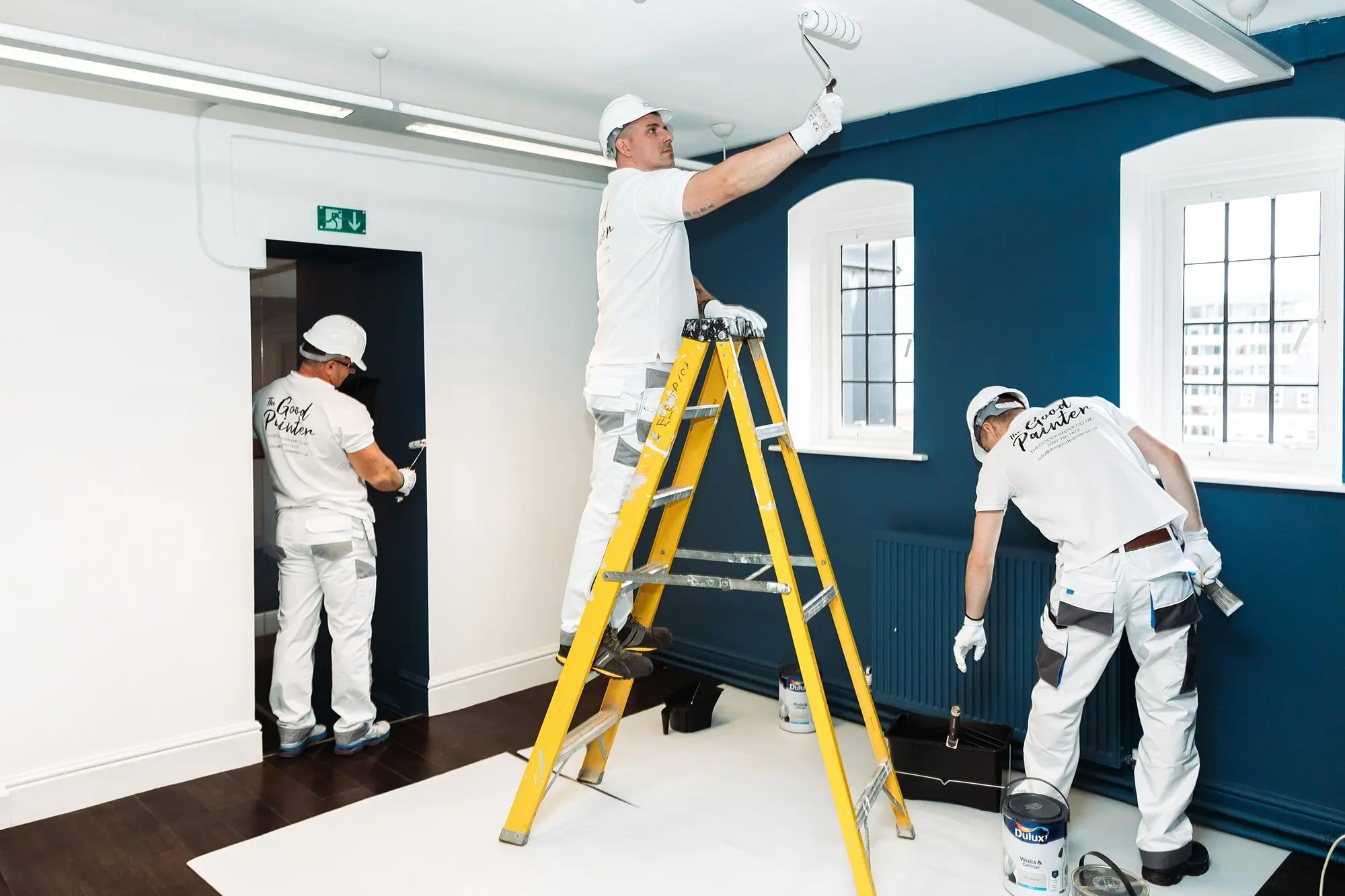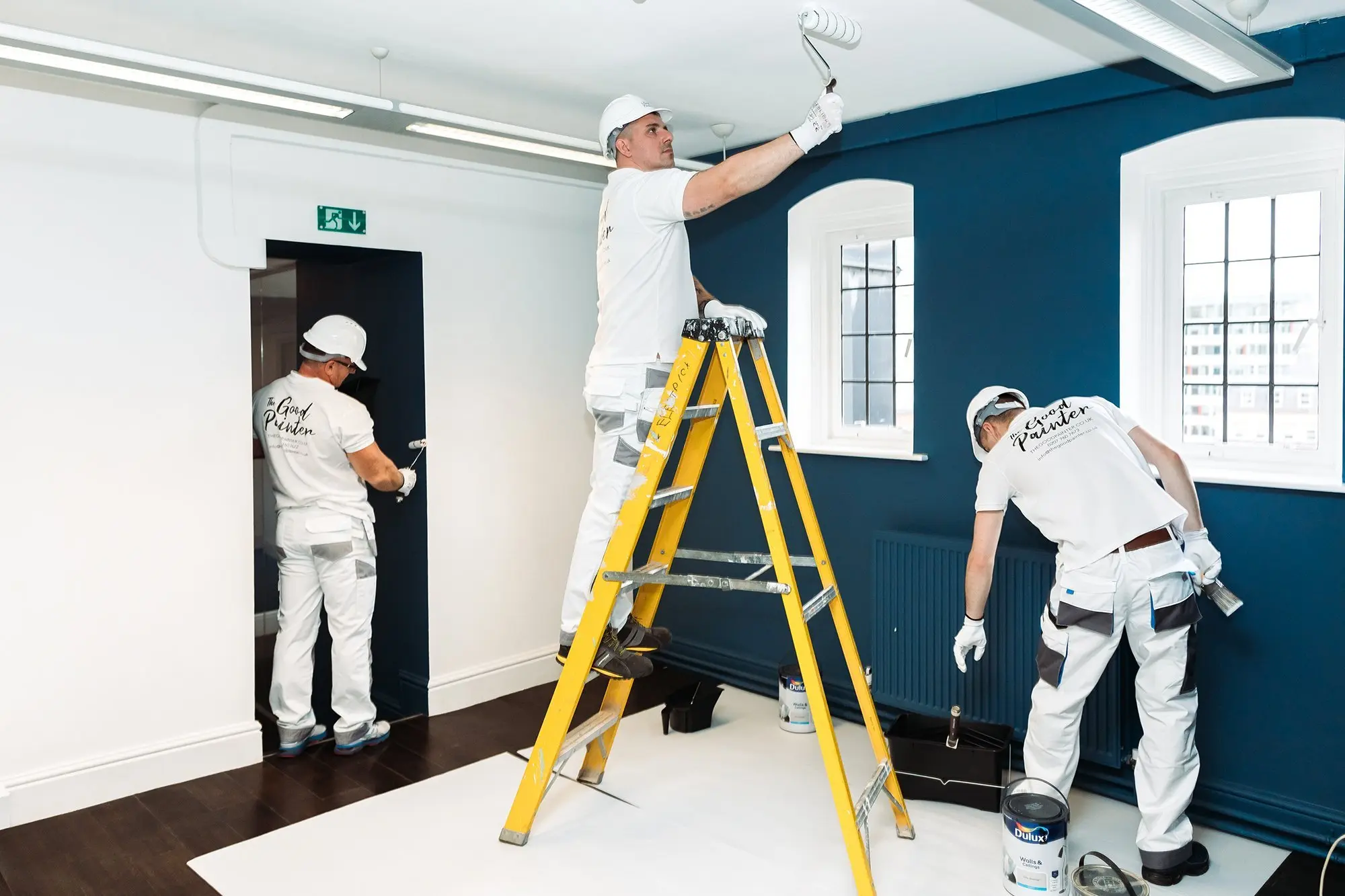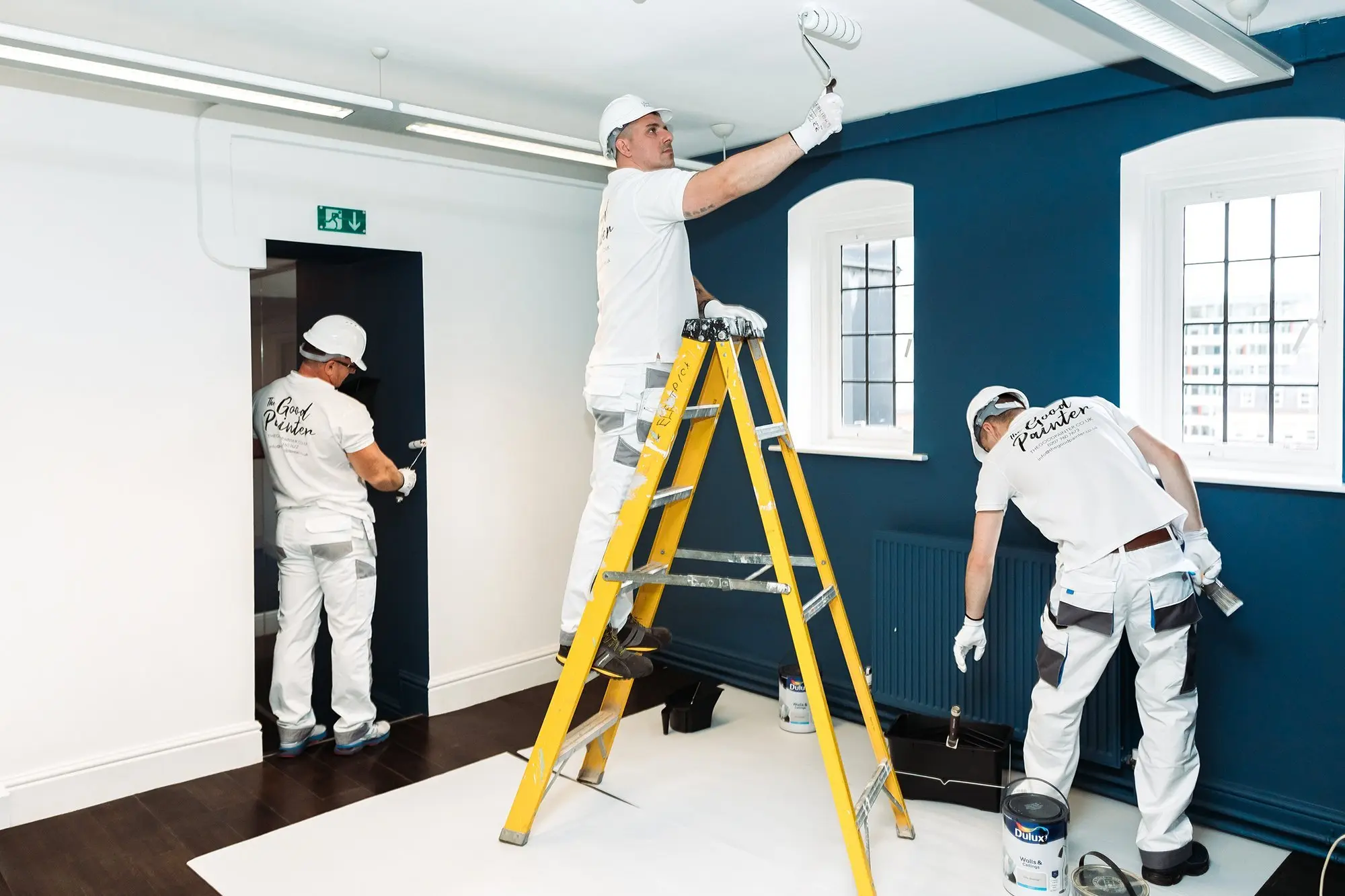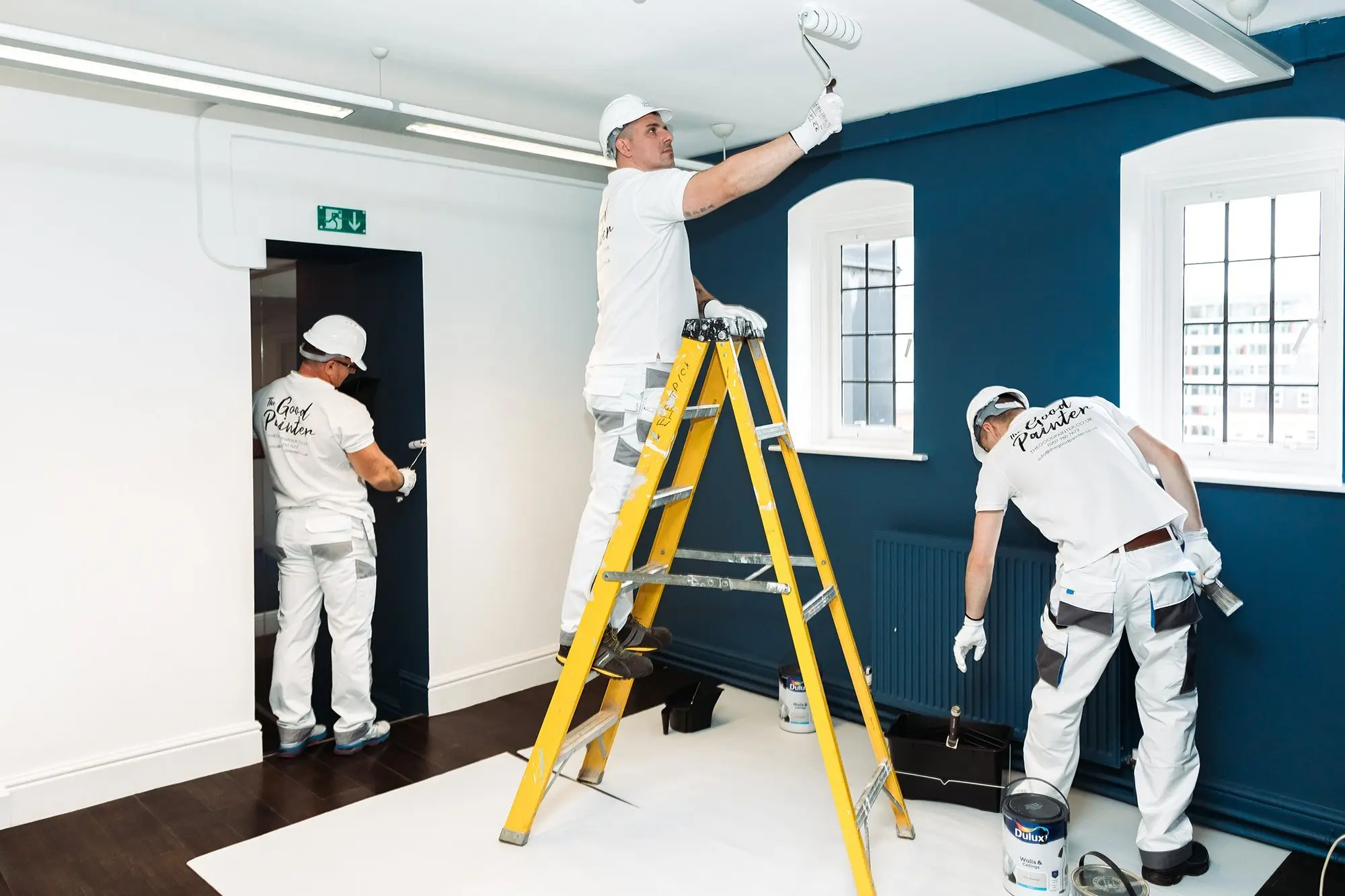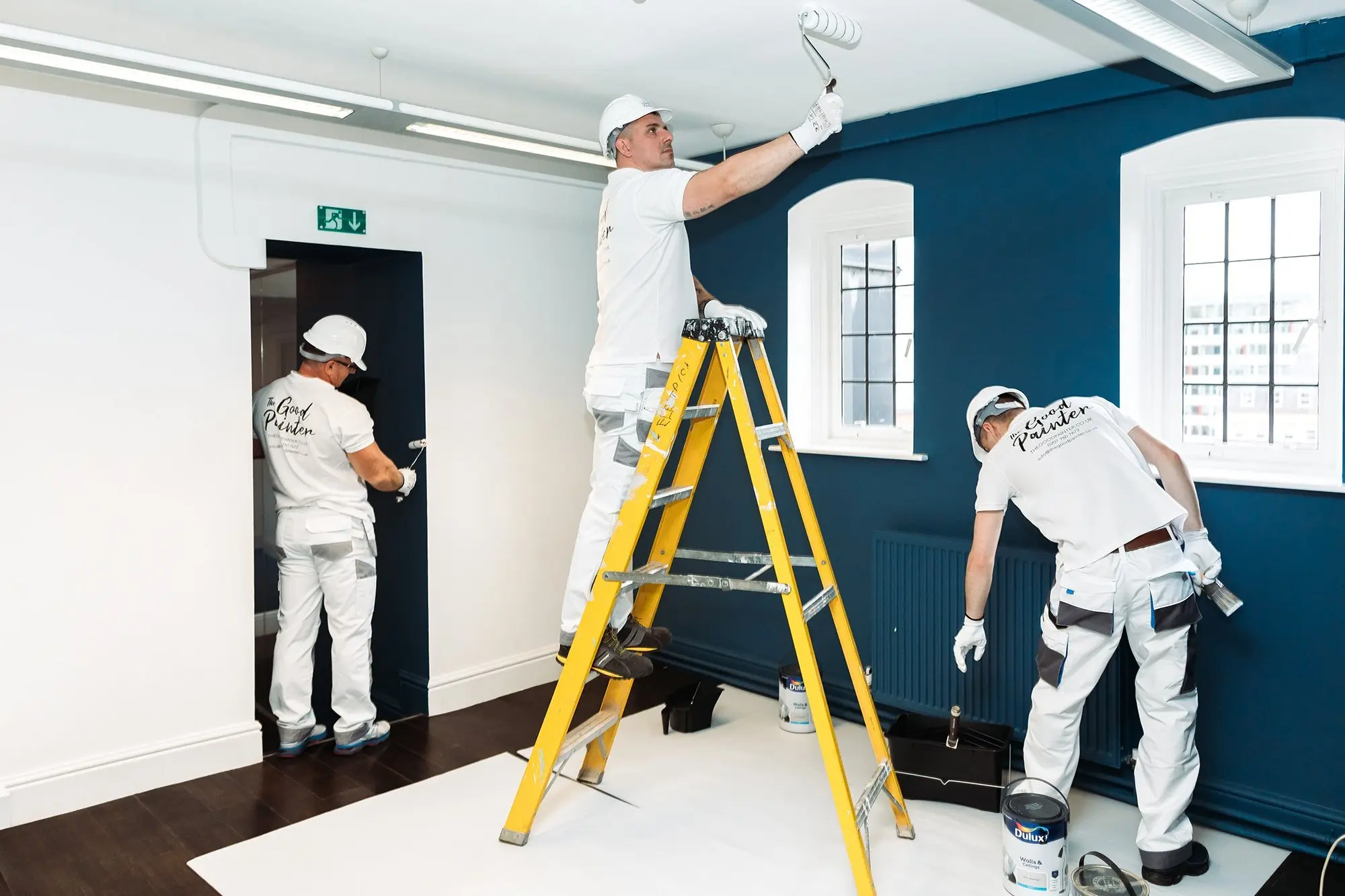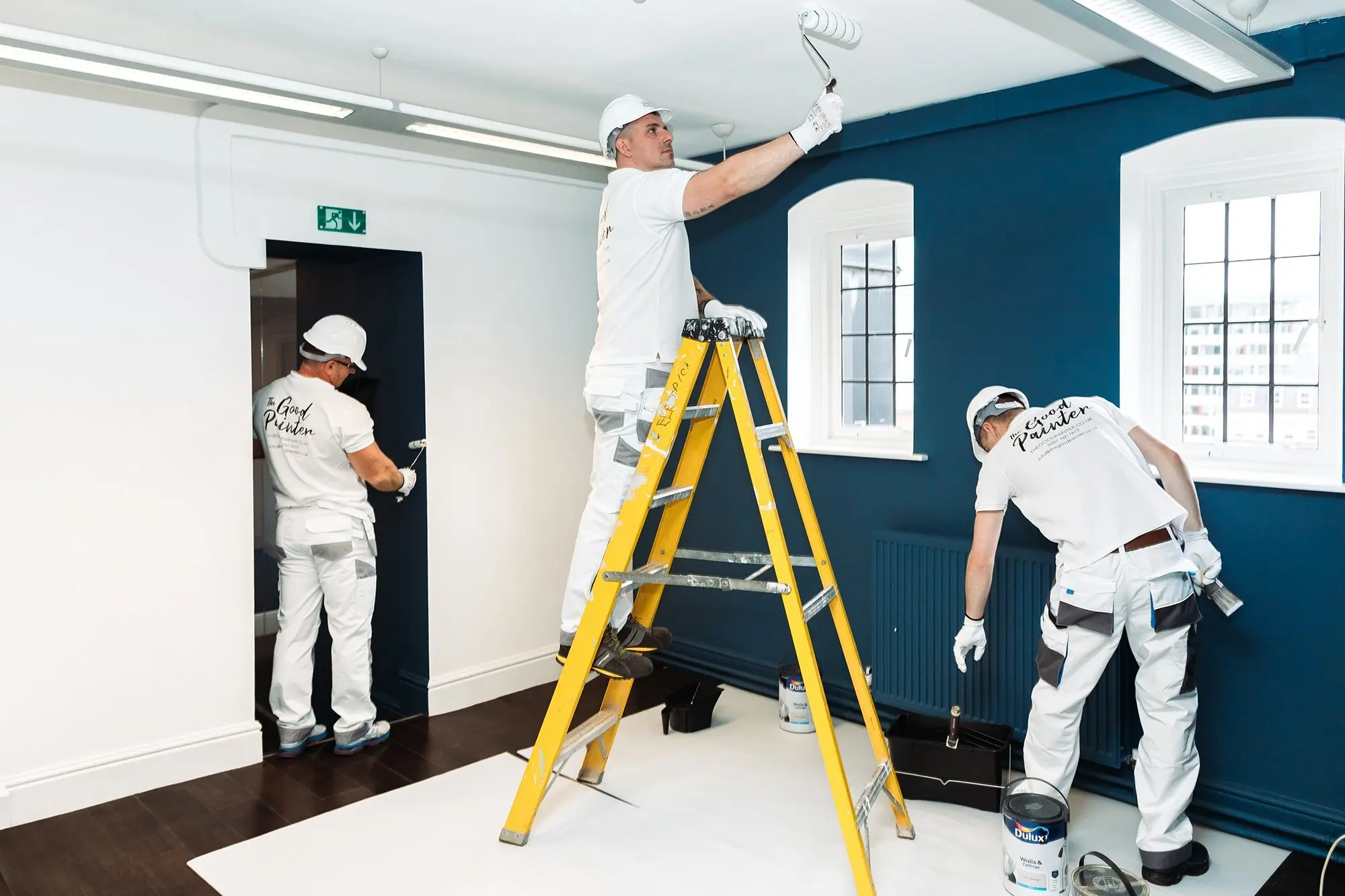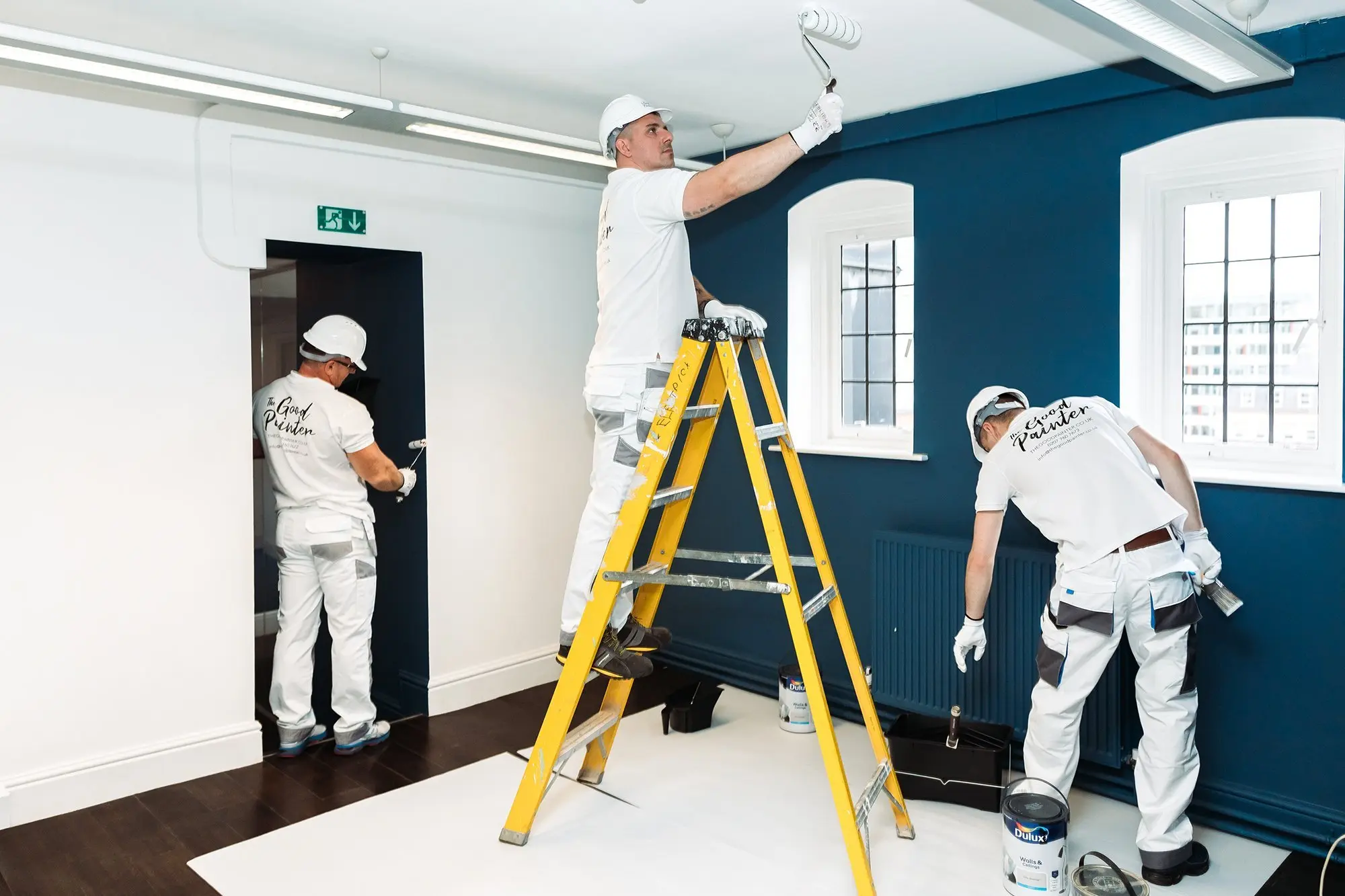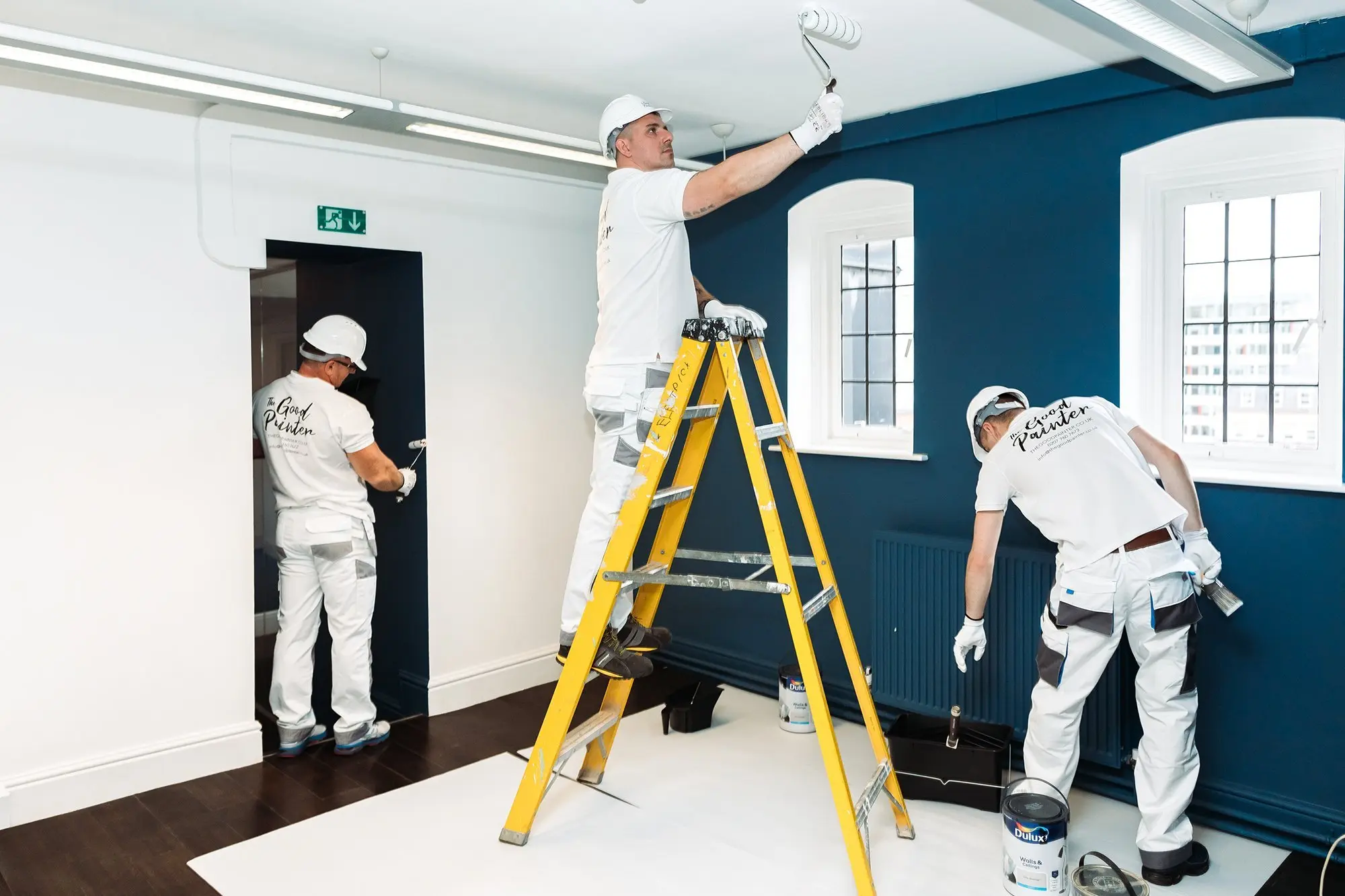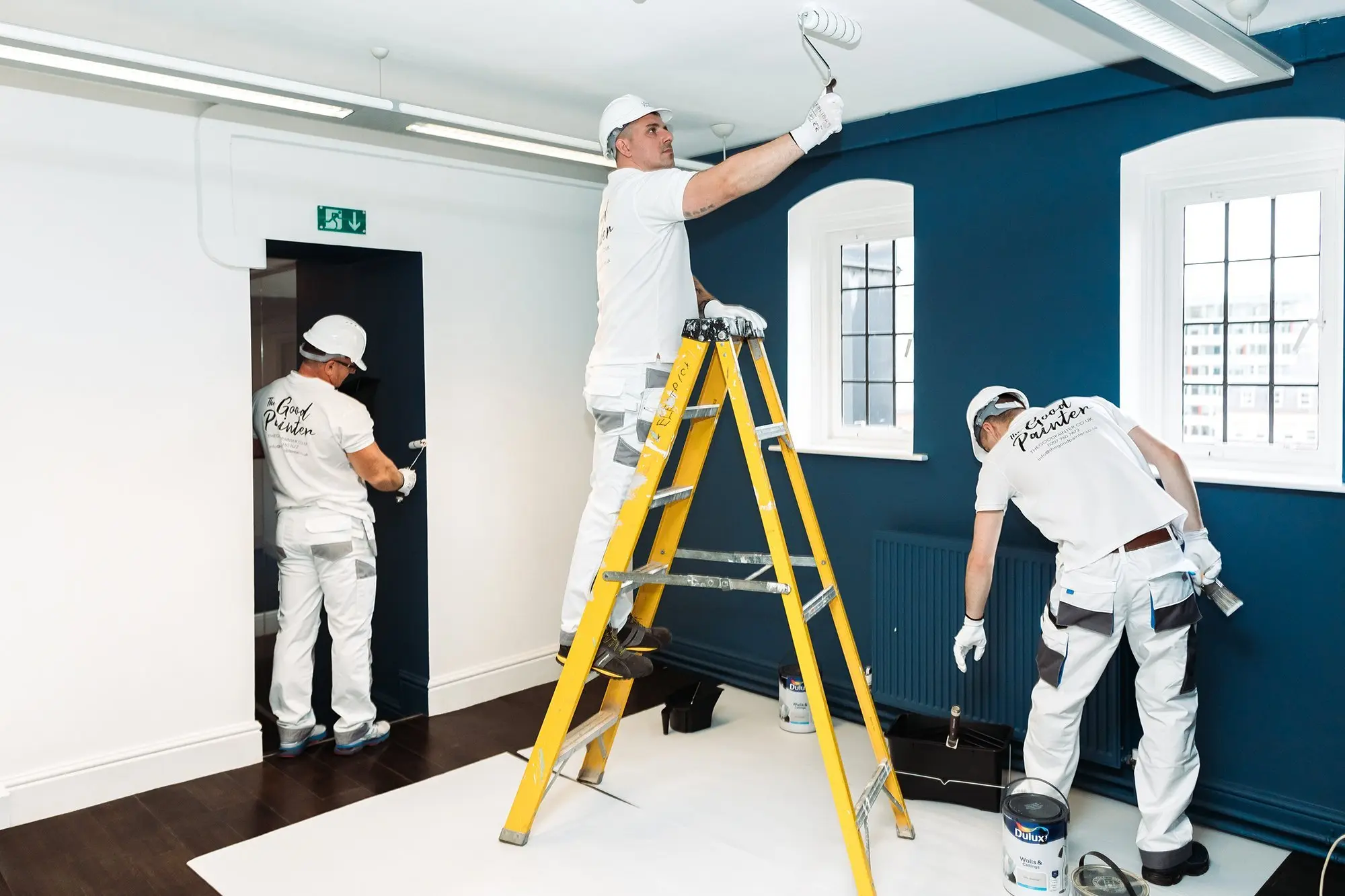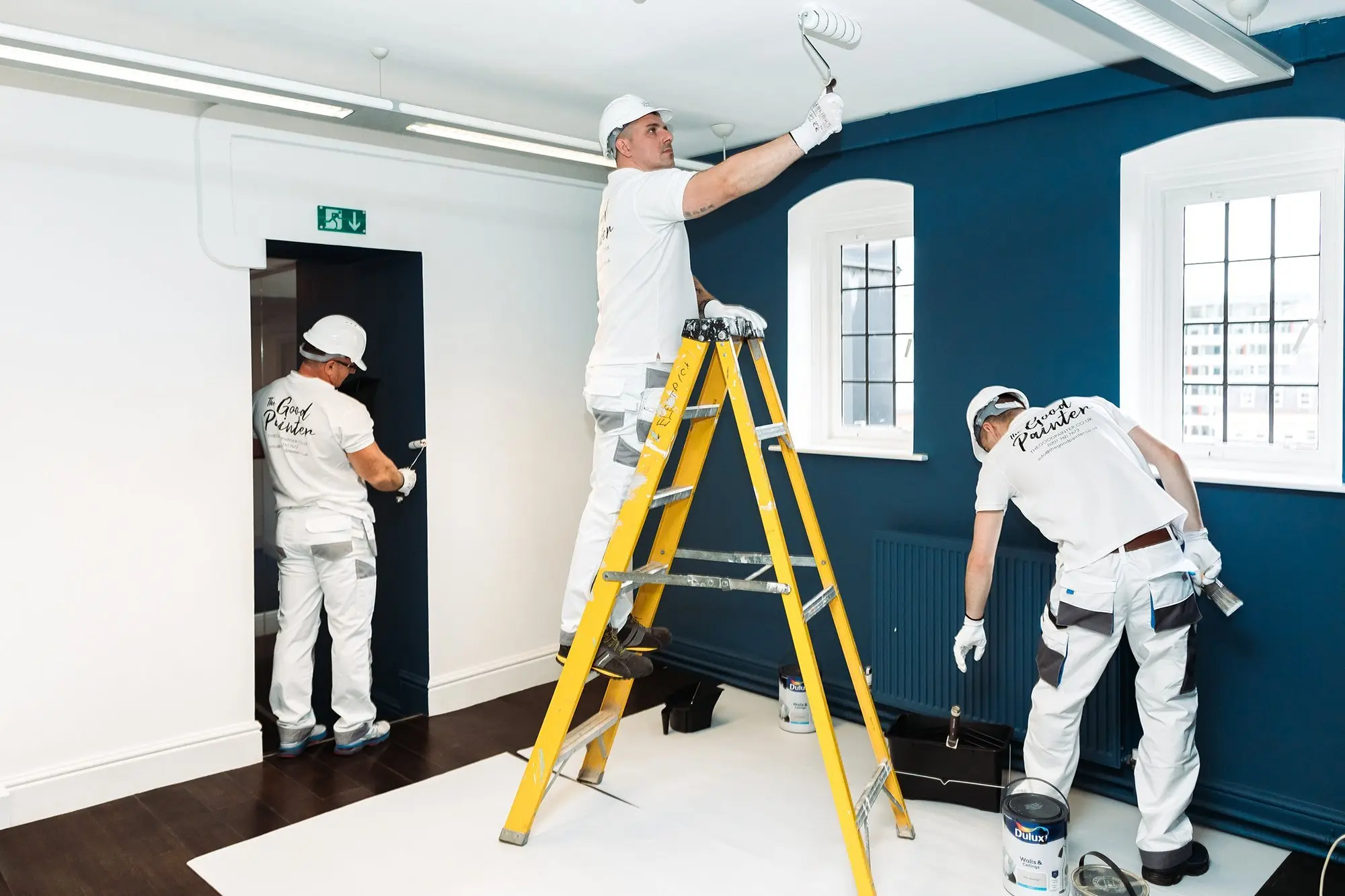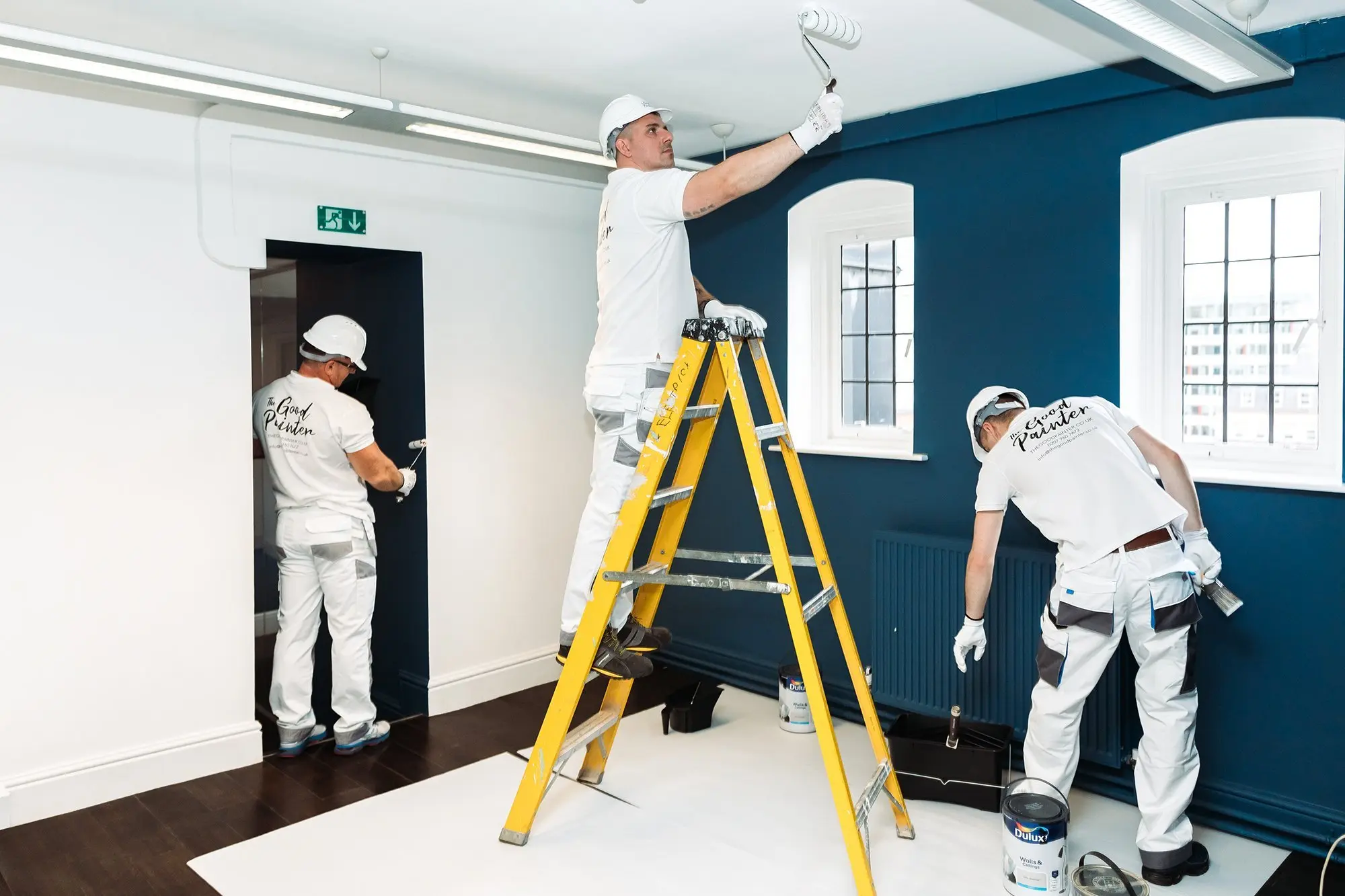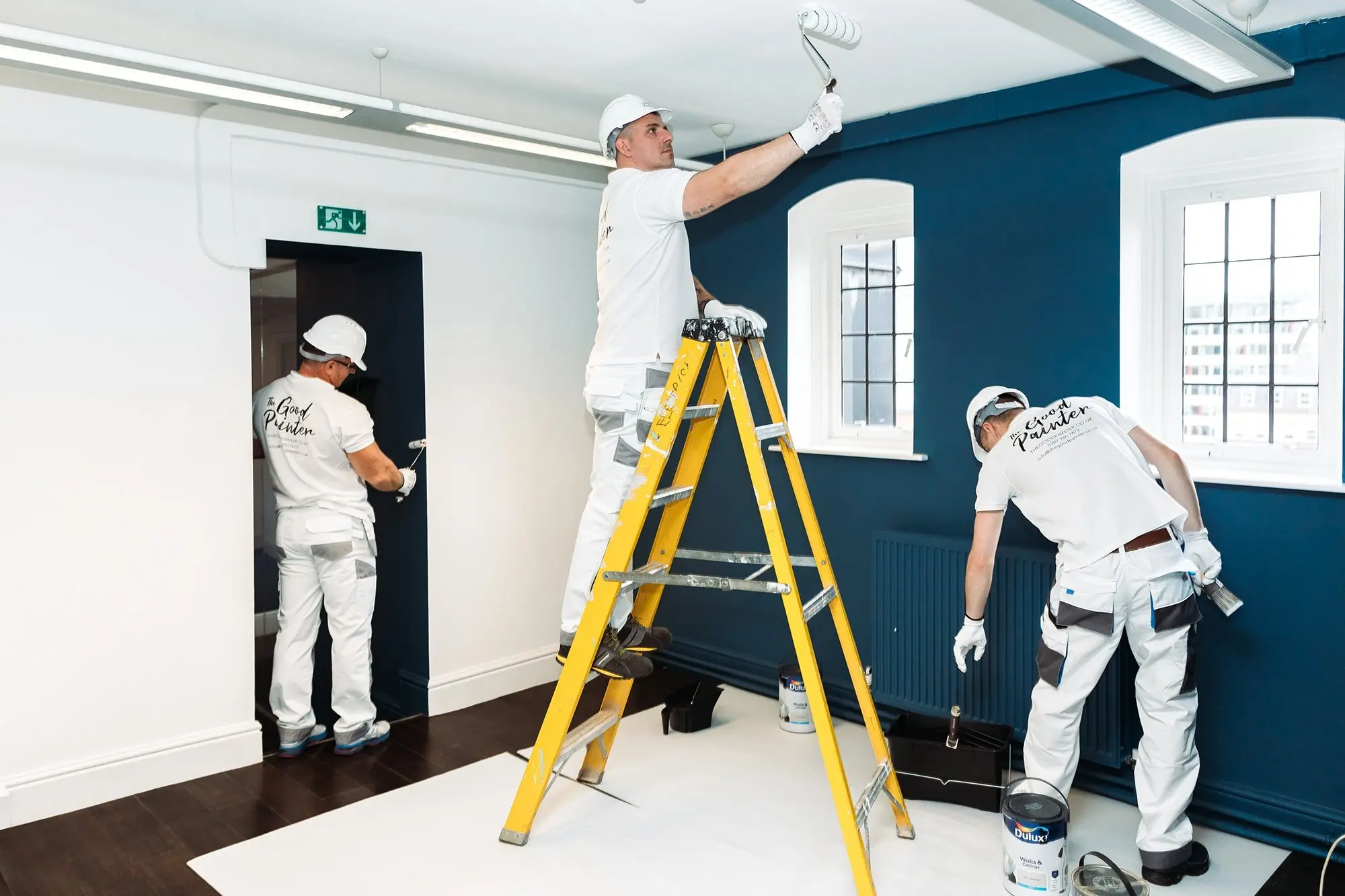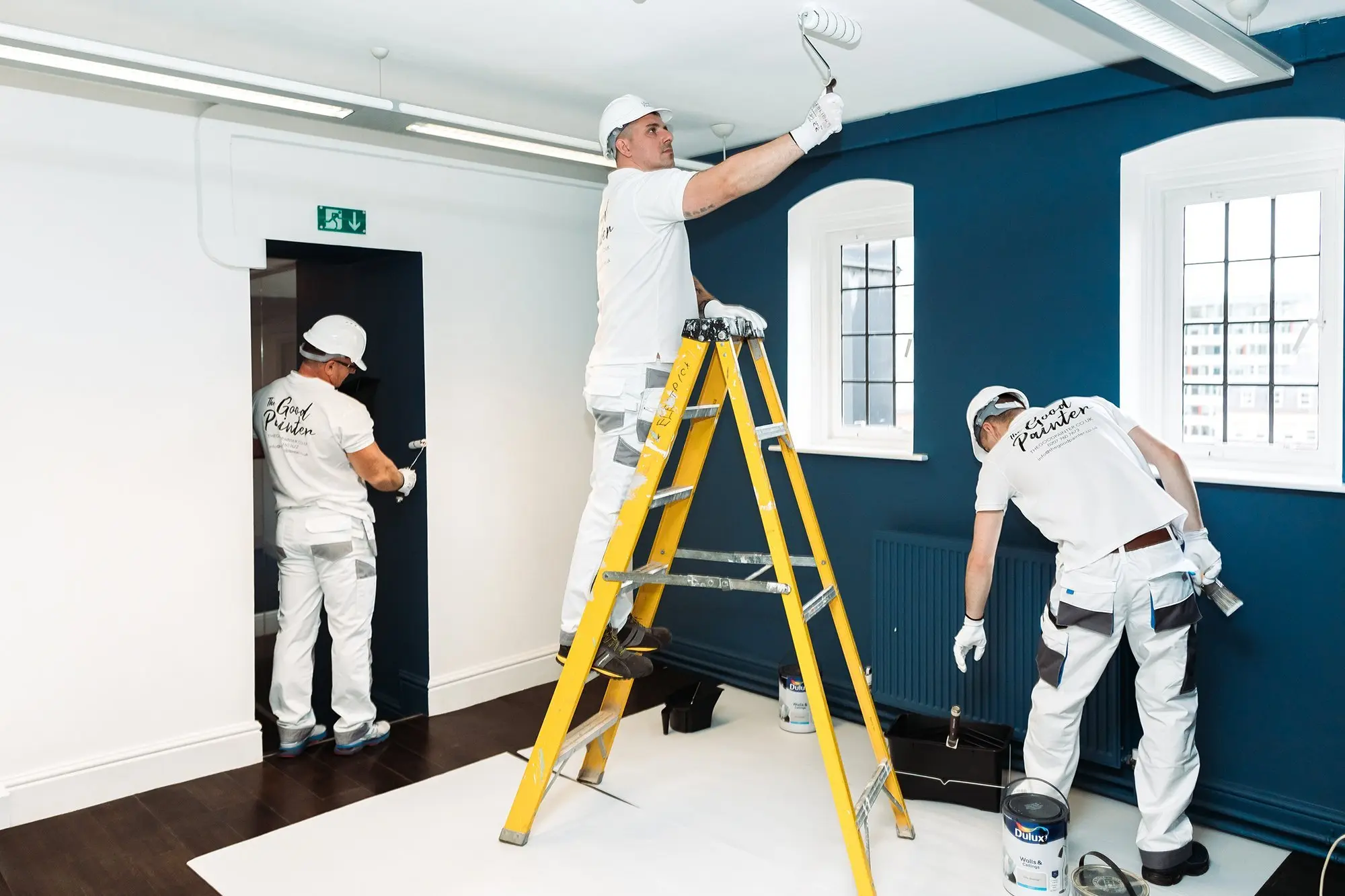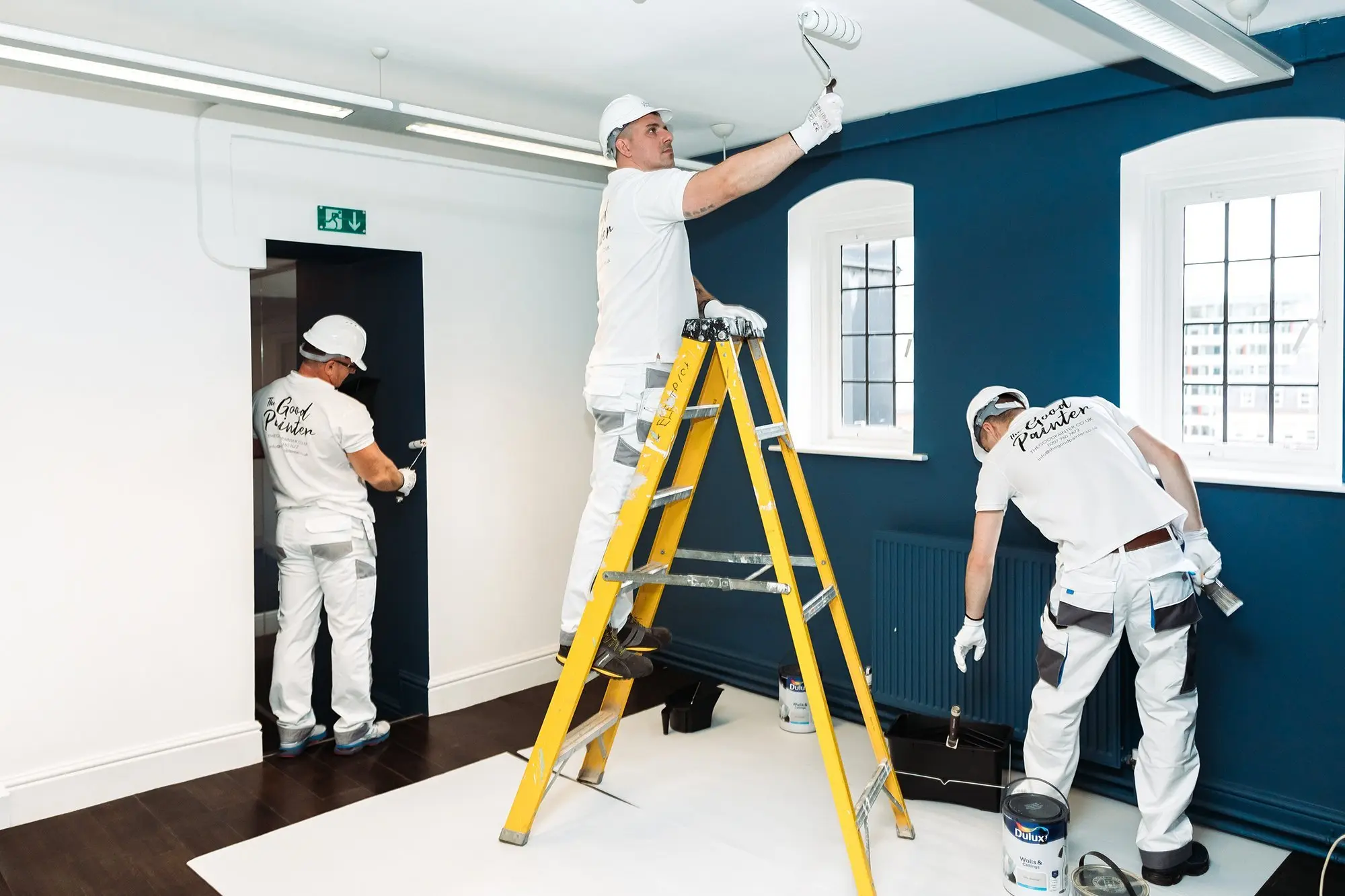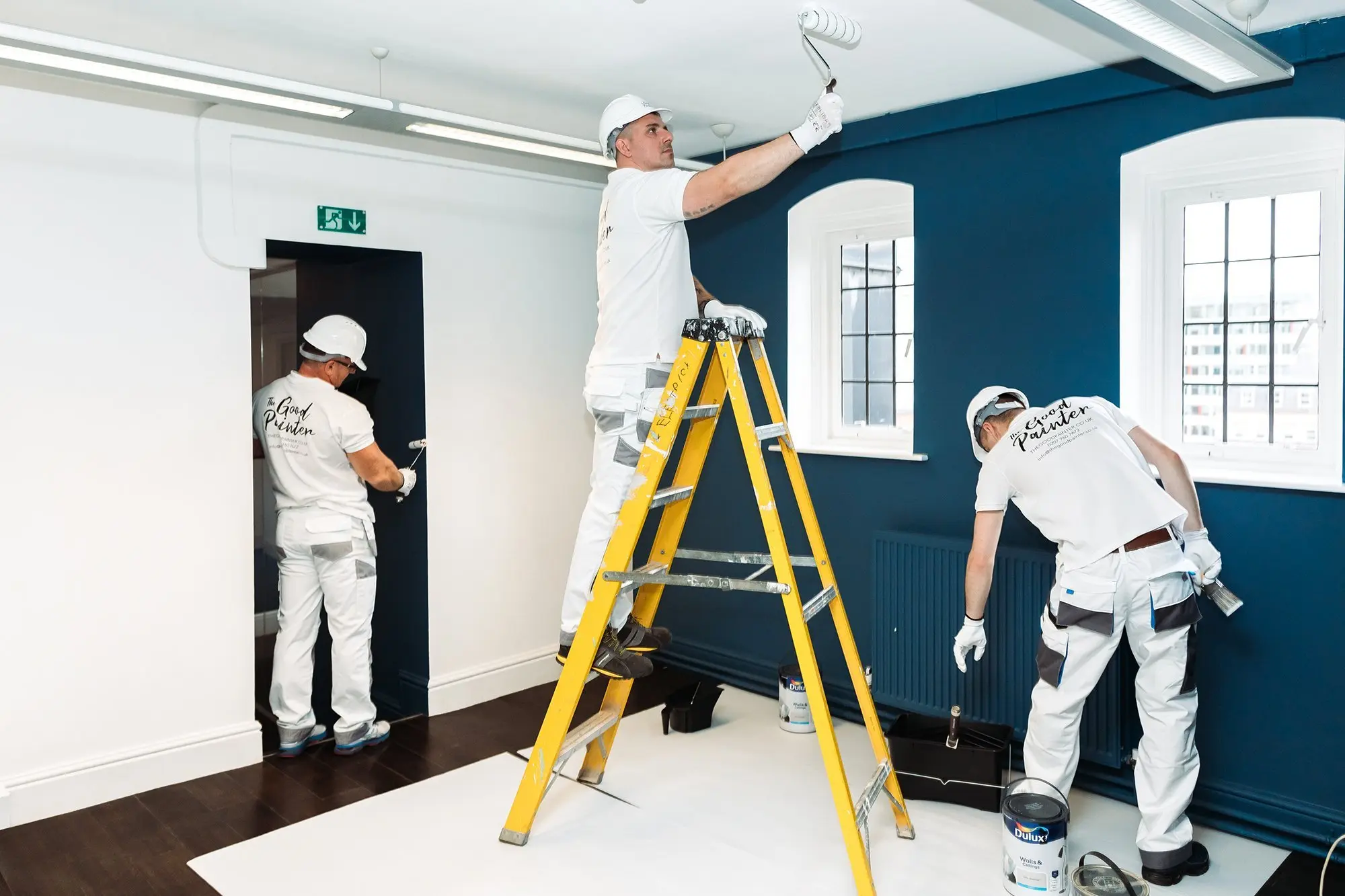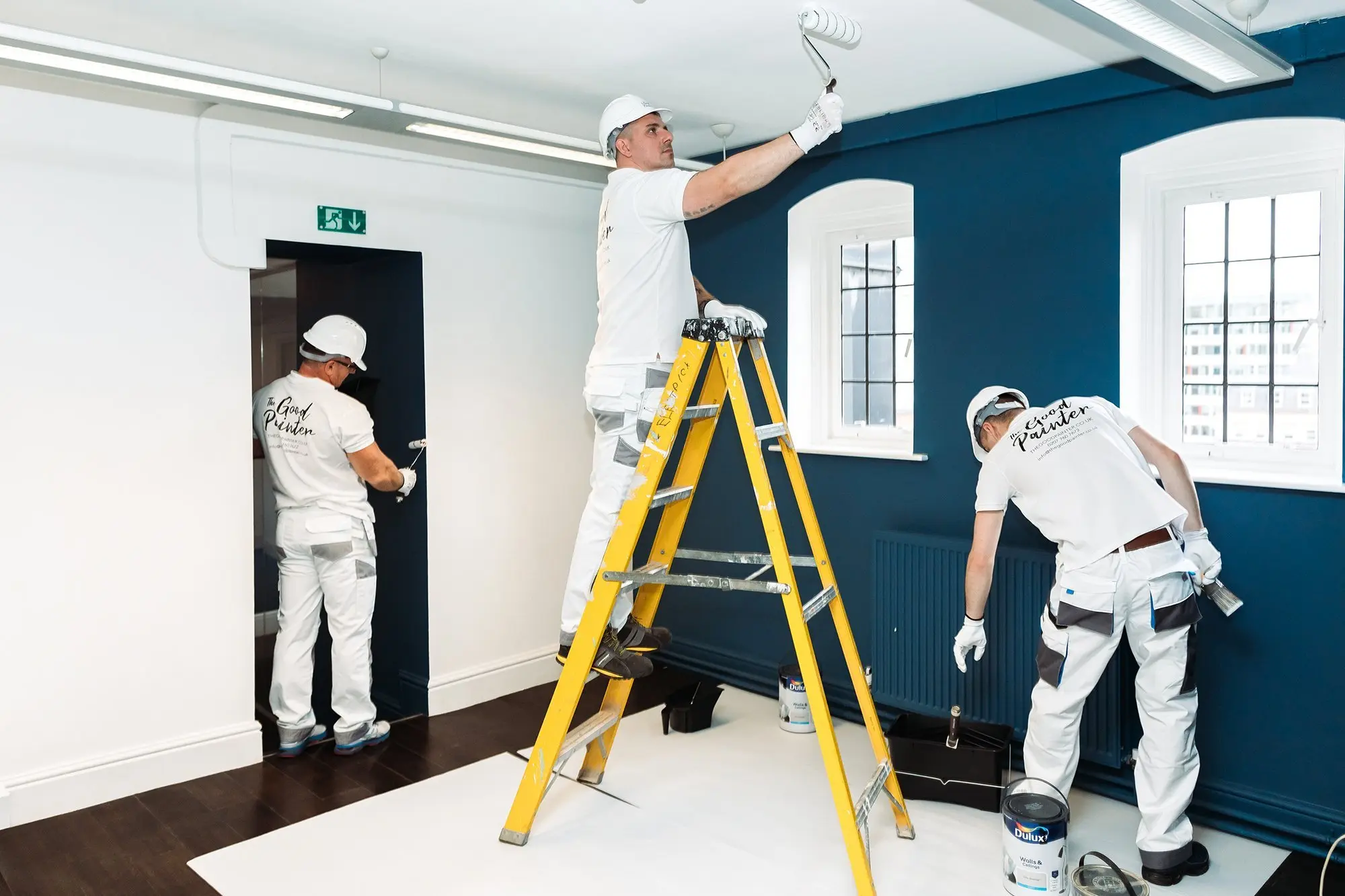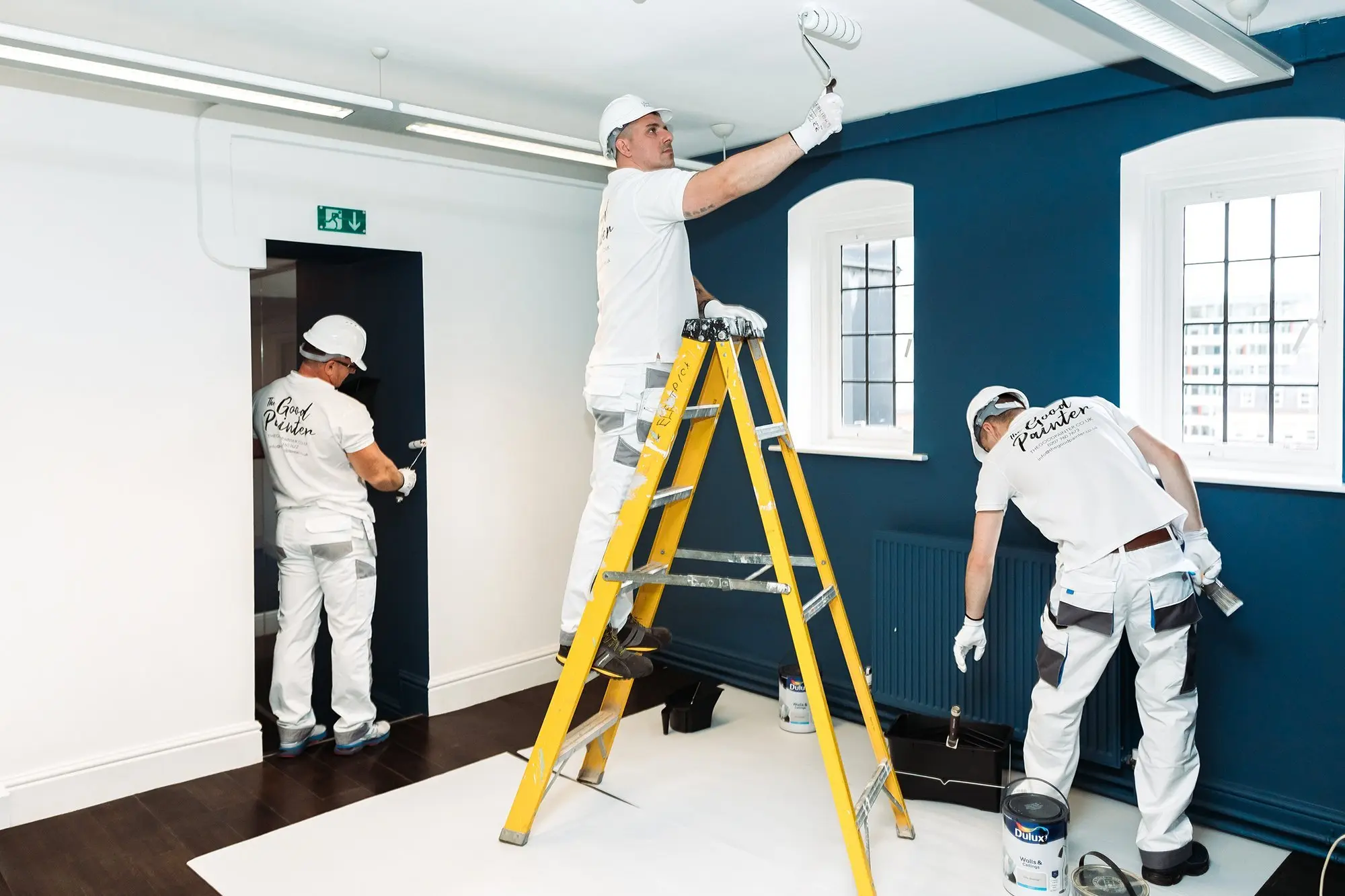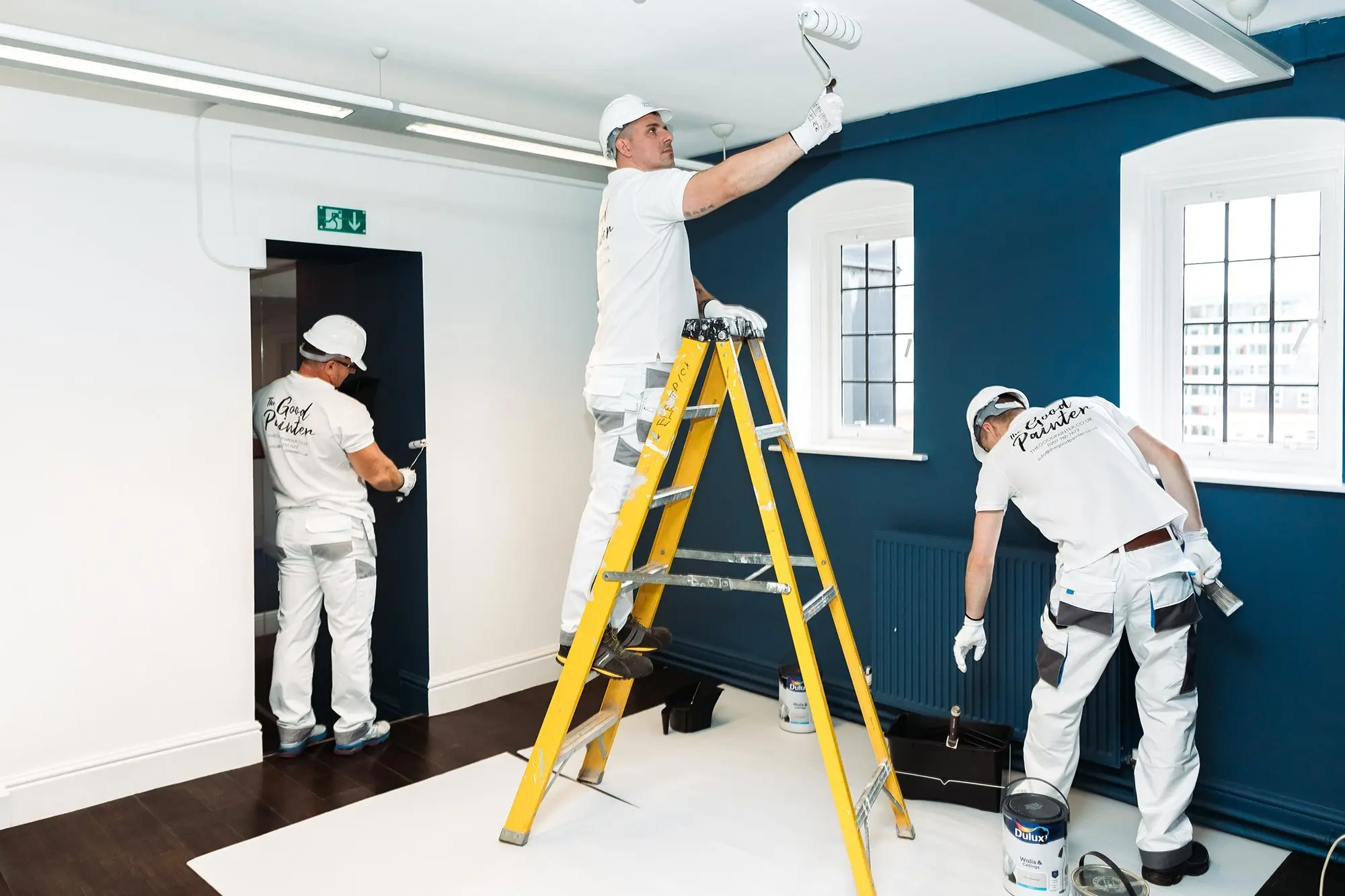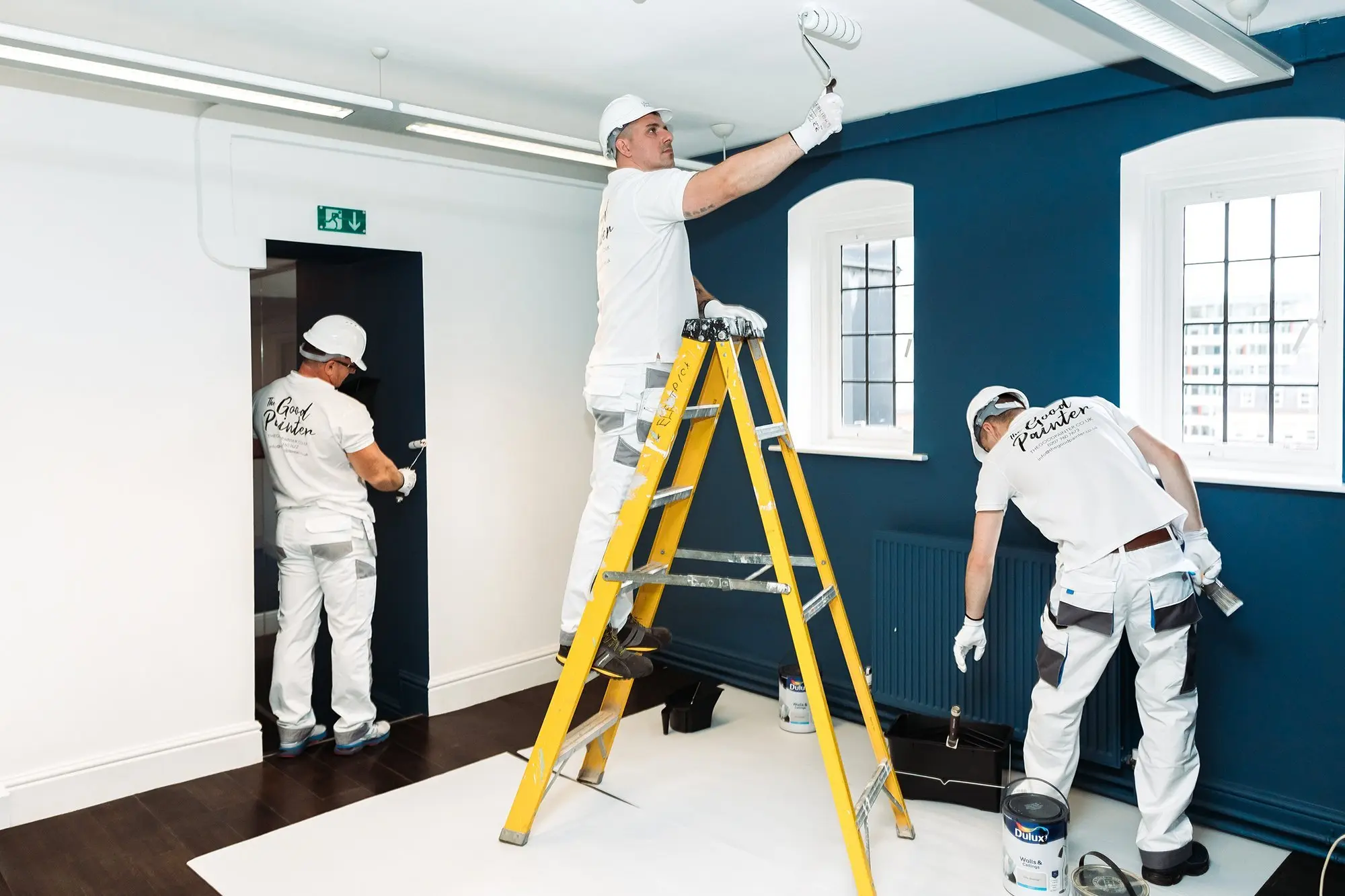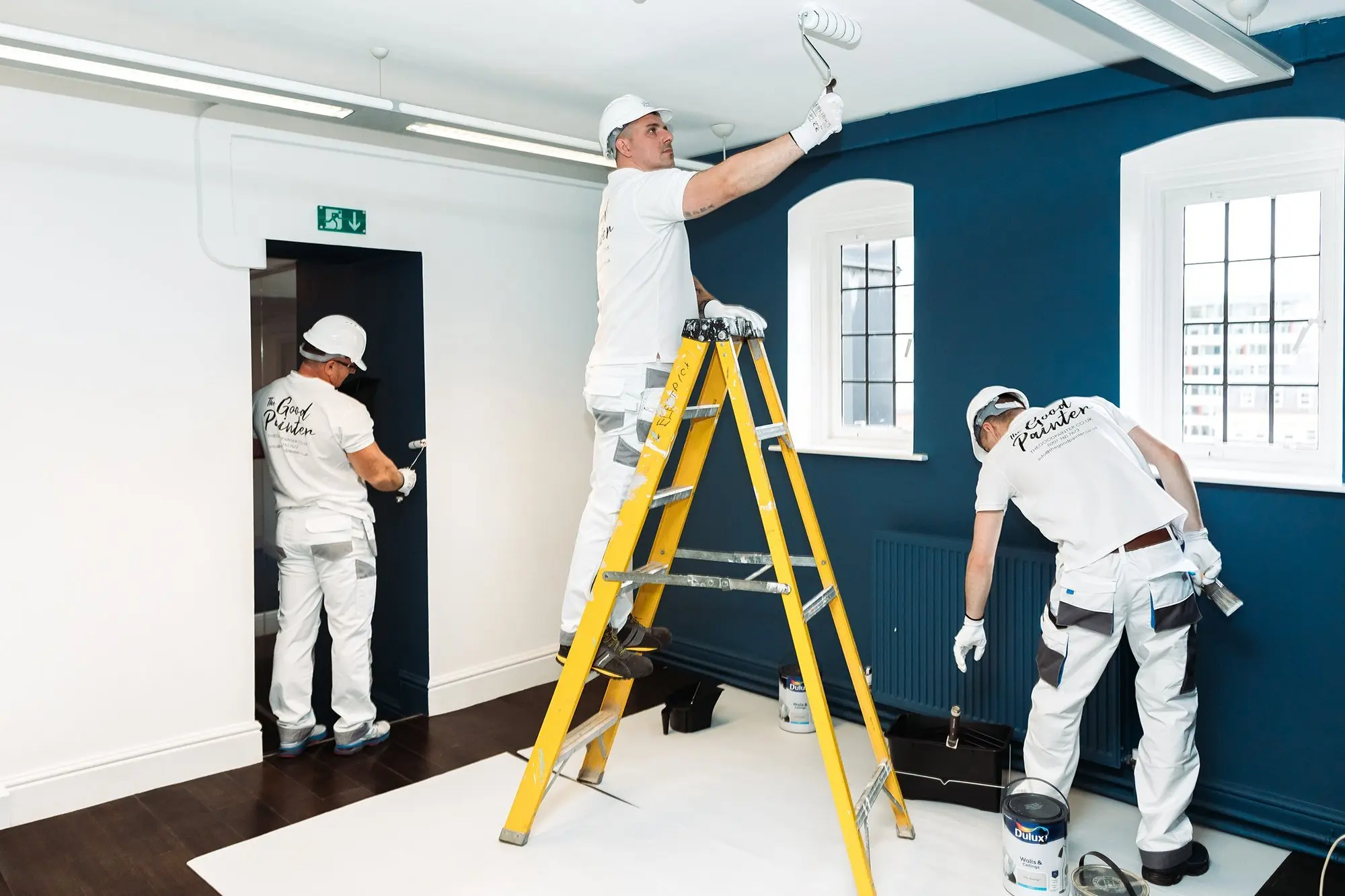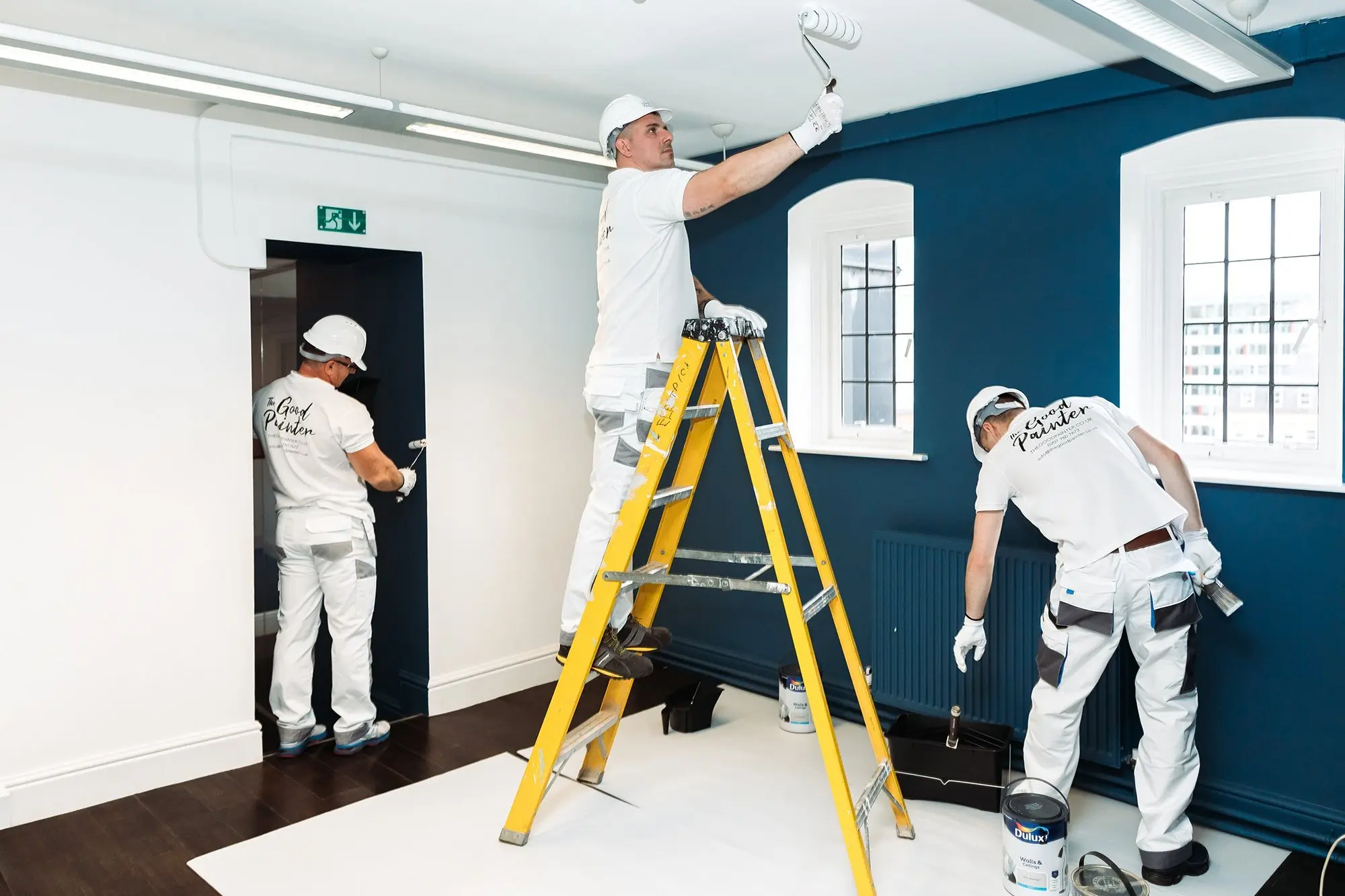As a painter and decorator running your own business, protecting your employees should be one of your top prio…
Decorative Specialist Insurance: Essential Protection for Interior Design and Decorating Professionals
The decorative specialist industry encompasses a diverse range of professionals who transform spaces through their creative expertise and technical skills. From interior designers and decorators to wallpaper hangers, muralists, and faux finishing specialists, these professionals face unique risks that standard business insurance policies often fail to address adequately. Decorative specialist insurance provides the comprehensive protection these creative professionals need to safeguard their businesses, clients, and livelihoods.
Understanding the Decorative Specialist Industry
Decorative specialists work across residential, commercial, and institutional sectors, providing services that range from basic interior decorating to highly specialized artistic finishes. This industry includes interior designers, color consultants, wallpaper specialists, decorative painters, muralists, gilders, stencil artists, and faux finishing experts. Each specialization carries its own set of risks and insurance requirements.
The work environment for decorative specialists varies significantly, from private homes and luxury hotels to corporate offices and historic buildings. This diversity in work settings creates complex insurance needs that require specialized coverage tailored to the unique challenges of the decorative trades.
Key Risks Faced by Decorative Specialists
Decorative specialists encounter numerous risks in their daily operations that can result in significant financial losses without proper insurance protection. Property damage represents one of the most common and costly risks, as decorative work often involves the use of paints, solvents, adhesives, and other materials that can cause accidental damage to client property. A spilled paint bucket on expensive carpeting or wallpaper paste damaging antique furniture can result in substantial compensation claims.
Professional liability risks arise when decorative work fails to meet client expectations or industry standards. Color matching errors, poor workmanship, or delays in project completion can lead to disputes and legal action. For interior designers, recommendations of unsuitable materials or furnishings that cause problems can result in professional negligence claims.
Personal injury risks are significant in decorative work, as specialists often work with ladders, scaffolding, and potentially hazardous materials. Accidents involving falls, chemical exposure, or repetitive strain injuries can result in workers' compensation claims and business disruption.
Tool and equipment risks affect decorative specialists who invest heavily in specialized brushes, spraying equipment, color-matching tools, and other professional equipment. Theft, damage, or loss of these tools can halt operations and require expensive replacement.
Business interruption risks can occur due to various factors, including illness, injury, equipment breakdown, or damage to the workspace. For decorative specialists who often work on tight project schedules, any interruption can result in lost income and additional expenses.
Essential Insurance Coverage for Decorative Specialists
Public liability insurance forms the foundation of protection for decorative specialists, covering claims for accidental injury to third parties or damage to client property during decorative work. This coverage is essential when working in occupied premises or public spaces where the risk of accidents affecting others is high.
Professional indemnity insurance protects against claims arising from professional negligence, errors, or omissions in decorative services. This coverage is particularly important for interior designers and consultants who provide advice and recommendations to clients.
Employers' liability insurance is legally required for decorative specialists who employ staff, covering claims from employees who suffer work-related injuries or illnesses. This includes coverage for accidents, occupational diseases, and workplace stress claims.
Product liability insurance covers claims arising from defective materials or products used in decorative work. If a recommended paint causes allergic reactions or wallpaper adhesive damages surfaces, this coverage provides essential protection.
Tools and equipment insurance protects the specialized tools, equipment, and materials that decorative specialists rely on for their work. This coverage can include theft, accidental damage, and breakdown protection for expensive equipment.
Business interruption insurance compensates for lost income and additional expenses when business operations are disrupted due to insured events. This coverage helps maintain financial stability during periods when normal business activities cannot continue.
Specialized Coverage Considerations
Decorative specialists often require additional coverage tailored to their specific services and working methods. Pollution liability coverage may be necessary for specialists working with solvents, spray finishes, or other materials that could cause environmental contamination.
Transit coverage protects materials, tools, and completed decorative items while being transported to and from job sites. This is particularly important for specialists who transport valuable or custom-made decorative elements.
Storage coverage protects inventory, materials, and equipment stored at business premises or off-site locations. Many decorative specialists maintain significant inventories of paints, wallpapers, fabrics, and other materials that require protection.
Contract works insurance may be necessary for larger decorative projects, providing coverage for work in progress and materials on-site. This coverage protects against risks such as fire, theft, or vandalism that could damage incomplete decorative work.
Industry-Specific Risk Management
Effective risk management is crucial for decorative specialists to minimize insurance claims and maintain competitive premiums. Proper training in the safe use of materials, equipment, and working at height helps reduce accident risks and demonstrates commitment to safety standards.
Quality control procedures, including detailed project specifications, client approval processes, and regular progress reviews, help prevent professional liability claims. Maintaining detailed records of client communications, material specifications, and work progress provides valuable evidence in case of disputes.
Health and safety protocols should address the specific risks associated with decorative work, including proper ventilation when using solvents, safe ladder and scaffolding practices, and appropriate personal protective equipment for different types of decorative work.
Client education about the decorative process, potential risks, and care requirements for completed work helps manage expectations and reduce the likelihood of disputes or damage claims.
Choosing the Right Insurance Provider
Selecting an insurance provider with experience in the decorative specialist industry ensures access to appropriate coverage and expert claims handling. Providers who understand the unique risks and working methods of decorative professionals can offer more competitive terms and better support.
Policy flexibility is important for decorative specialists whose work may vary seasonally or include different types of projects. The ability to adjust coverage levels or add temporary extensions for specific projects provides valuable flexibility.
Claims handling expertise in decorative specialist claims ensures that any incidents are handled promptly and fairly. Providers with experience in assessing decorative work damage and professional liability claims can provide more effective support when problems arise.
Cost Factors and Premium Considerations
Insurance costs for decorative specialists vary based on numerous factors, including the types of services provided, annual turnover, claims history, and risk management practices. Specialists working with high-value properties or hazardous materials typically face higher premiums due to increased exposure.
Geographic factors can influence costs, with specialists working in areas with higher property values or increased theft risks potentially facing higher premiums. The size of the business, number of employees, and value of tools and equipment also affect insurance costs.
Risk management initiatives, such as safety training, quality control systems, and security measures, can help reduce premiums by demonstrating commitment to loss prevention. Many insurers offer discounts for businesses that implement effective risk management practices.
Legal and Regulatory Considerations
Decorative specialists must comply with various legal requirements that affect their insurance needs. Health and safety regulations require appropriate risk assessments and safety measures, with insurance providing protection against claims arising from regulatory breaches.
Professional standards and industry codes of practice may require specific types of insurance coverage. Interior design professionals, for example, may need professional indemnity insurance to meet membership requirements of professional bodies.
Consumer protection laws provide clients with rights regarding the quality and completion of decorative work, making professional indemnity insurance essential for managing potential legal disputes.
Emerging Risks and Future Considerations
The decorative specialist industry continues to evolve with new materials, techniques, and client expectations creating emerging risks. Eco-friendly and sustainable decorating practices may require specialized coverage for new types of materials and methods.
Digital technology integration, including virtual design consultations and digital color matching, creates new professional liability exposures that may require updated insurance coverage.
Changing work patterns, including increased home-based businesses and remote consultations, may affect insurance requirements and coverage needs for decorative specialists.
Making an Insurance Claim
When incidents occur, prompt notification to insurers is essential for effective claims handling. Decorative specialists should document any damage, injuries, or disputes thoroughly, including photographs, witness statements, and relevant correspondence.
Cooperation with insurance assessors and claims handlers helps ensure fair and prompt settlement of claims. Maintaining detailed records of work processes, materials used, and client communications provides valuable evidence for claims assessment.
Understanding policy terms and conditions helps decorative specialists know what is covered and what steps are required following an incident. Regular policy reviews ensure that coverage remains appropriate as the business evolves.
Conclusion
Decorative specialist insurance provides essential protection for professionals in this creative and diverse industry. The unique risks associated with decorative work, from property damage and professional liability to tool theft and business interruption, require specialized insurance coverage that goes beyond standard business policies.
By understanding their specific risks and insurance needs, decorative specialists can select appropriate coverage that protects their businesses, clients, and professional reputations. Working with experienced insurance providers who understand the decorative trades ensures access to suitable coverage and expert support when it's needed most.
Investing in comprehensive decorative specialist insurance is not just about regulatory compliance or client requirements – it's about protecting the foundation of a creative business and ensuring that decorative professionals can continue to transform spaces and delight clients with confidence and peace of mind.


 0330 127 2333
0330 127 2333
